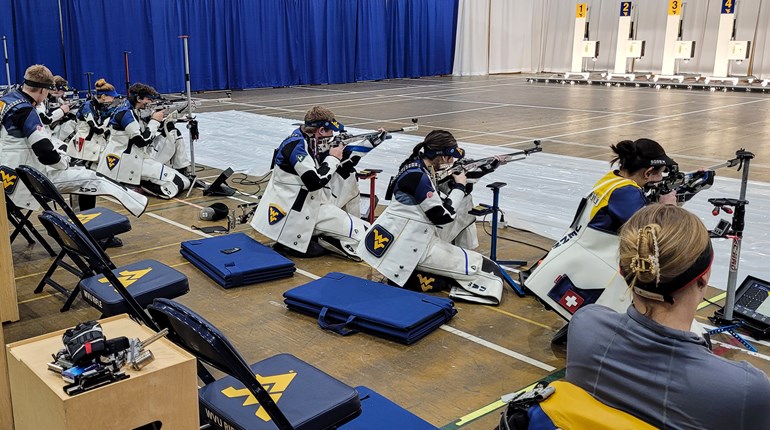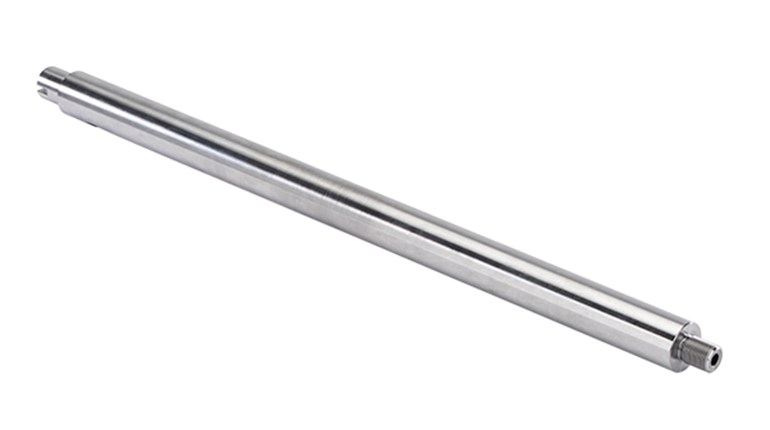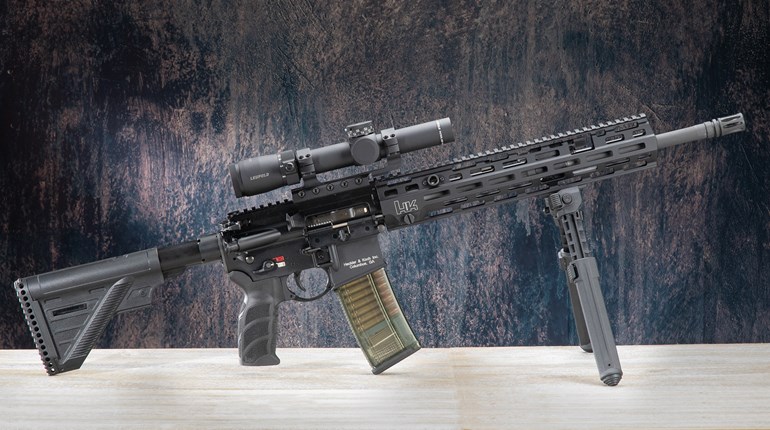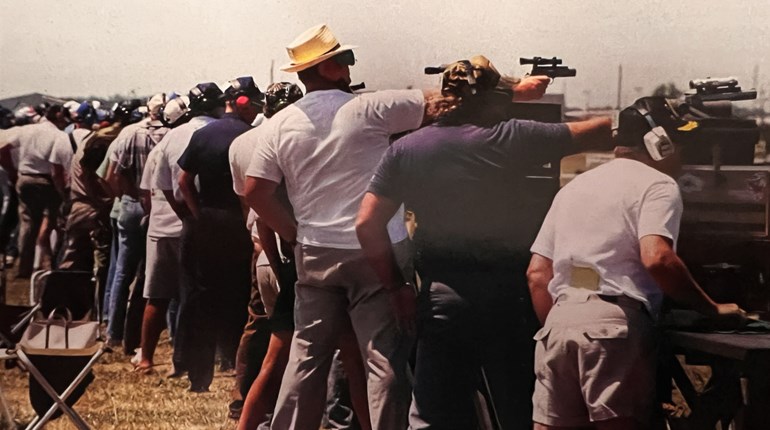
As shooters in this modern age, we sometimes begin to take things for granted. It’s not our fault, really. That’s simply the result of rapid progress. Forty years ago, ringing steel at 1000 yards was considered quite a feat. Nowadays, with the advent of rounds like the .338 Lapua, and glass that makes observatory telescopes look like cardboard tubes, two mile shots aren’t unheard of, and 1000 yards isn’t even considered extreme long range. In such a world, it’s sometimes nice to take a step back, and take a good look at the (barely short of miraculous) way the things are made that enable us to conduct these feats with relative ease. For that purpose, let’s make a visit to the U.S. Army Watervliet Arsenal Rotary Forge, who has been nice enough to provide a video of some barrels being forged.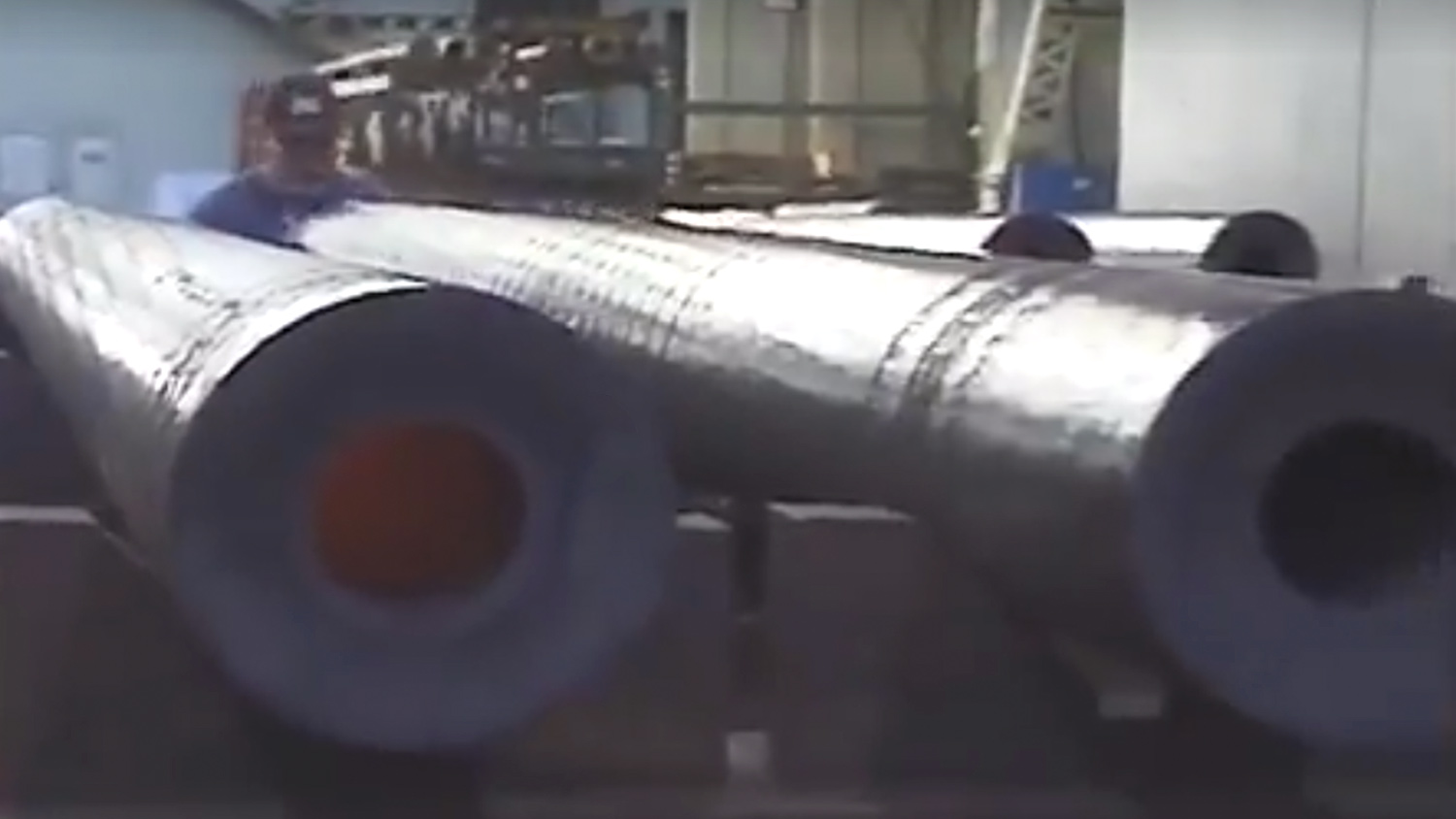
Look at the size of those things! I may have forgotten to mention that this particular forge is the place where the M256 120mm smoothbore gun, the M68 105mm rifled gun, the M119 105mm howitzer, the M777 155mm howitzer and even the M110 203mm howitzer are forged. This particular barrel is destined for the navy, most likely to be mounted on a destroyer, where it will dwarf even the longest-range competitive shooter’s record, and put quite a bit more energy on target.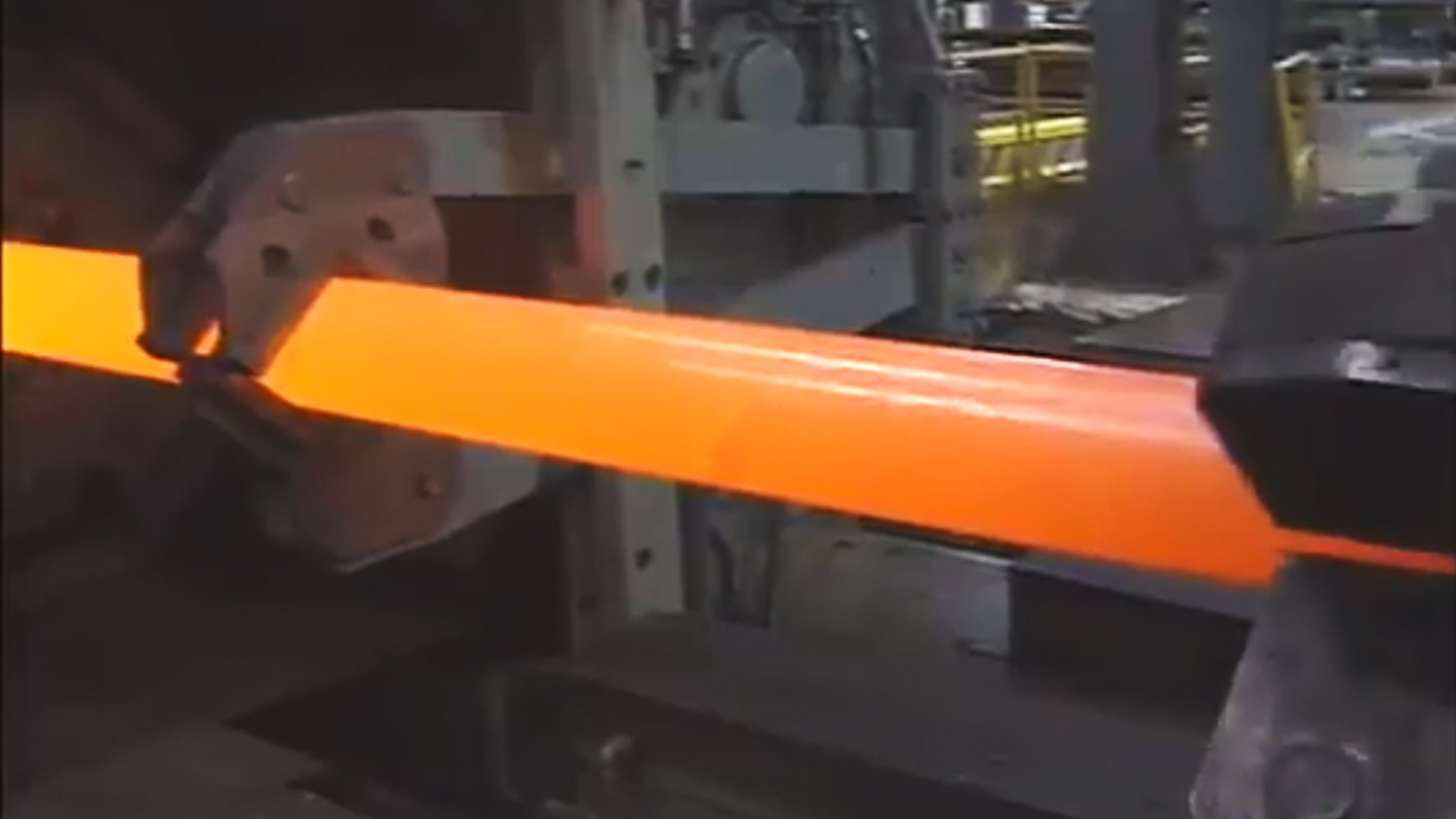
Despite this, the process is really just a supersized version of forging a rifle barrel, with a couple important differences. First, the mandrel does not run full length when forging a rifle barrel, but it has to for a cannon, as the material is much heavier and has a better chance of collapsing while being pounded upon (or even under its own weight). Just look at how much the barrel lengthens from the short stub it starts as, to the long thin tube it finishes as, simply through the slow pounding of rotary hammers. That’s quite a stretch for those steel grains! Second, the rifling is generally cut into a rifle barrel separately, whereas here the grooves are forged into place. Overall however, the end result is similar, just on a different scale: a component capable of accurately hurling a projectile very, very far.
For more information on the arsenal, and more interesting videos, check out their Facebook page at: www.facebook.com/WatervlietArsenal
Video stills courtesy of U.S. Army, Watervliet Arsenal













